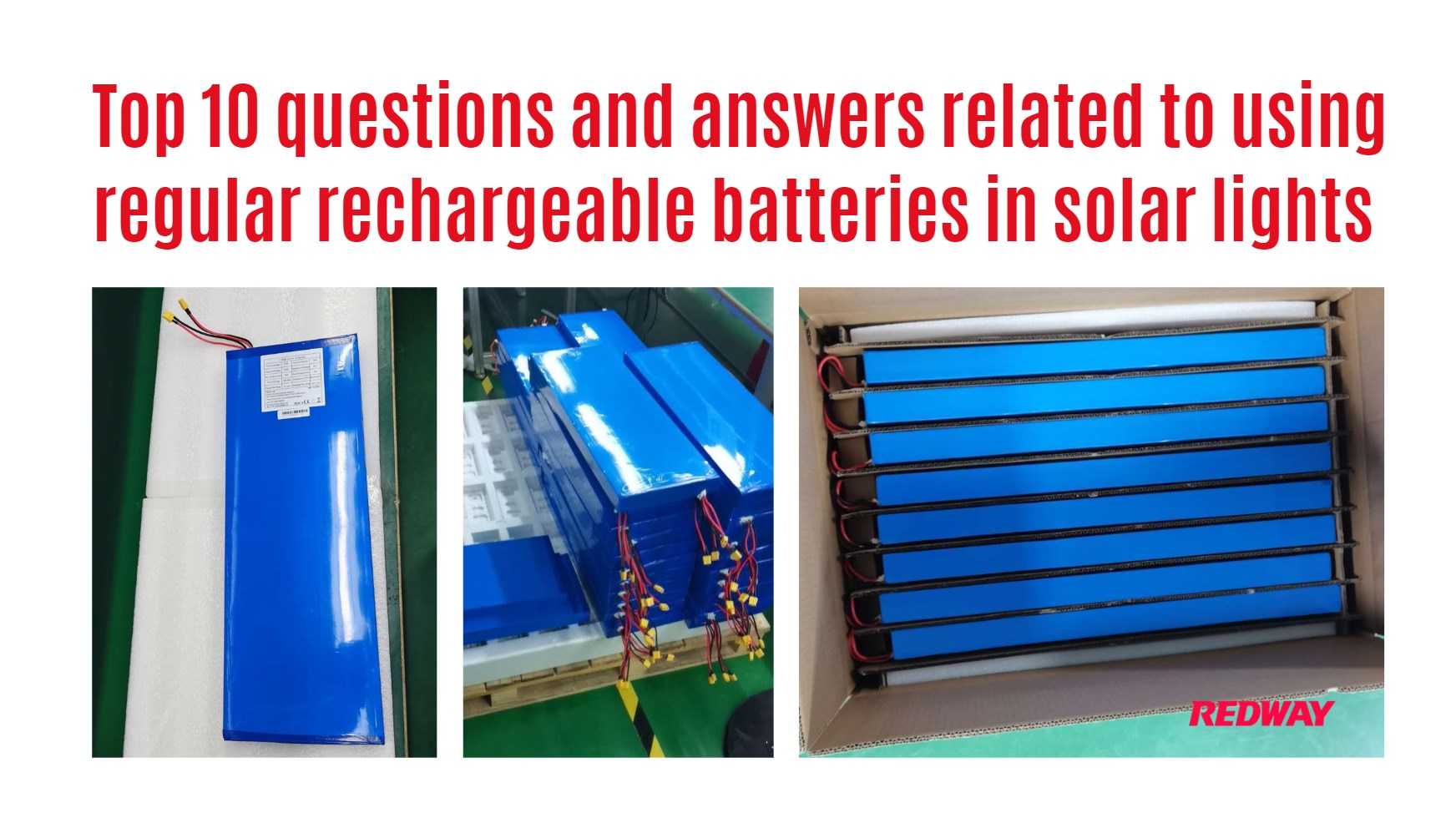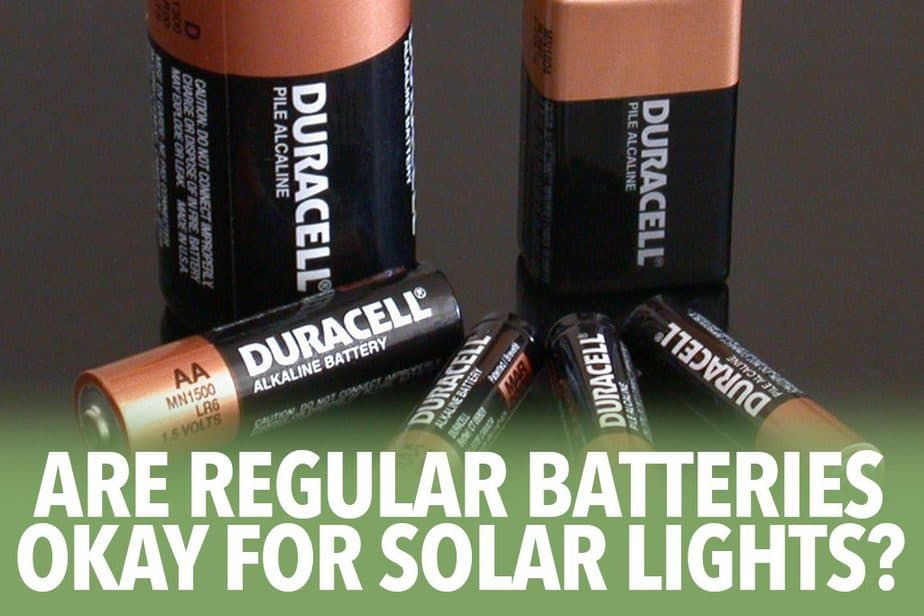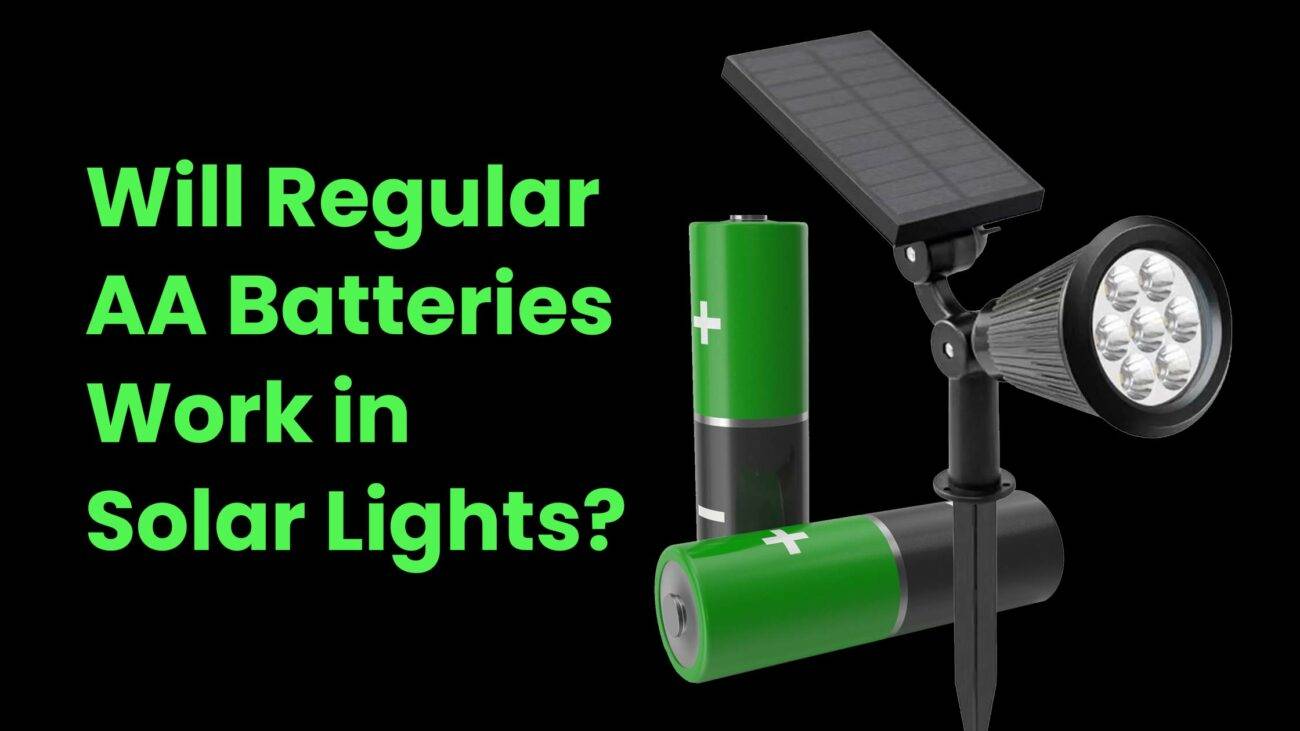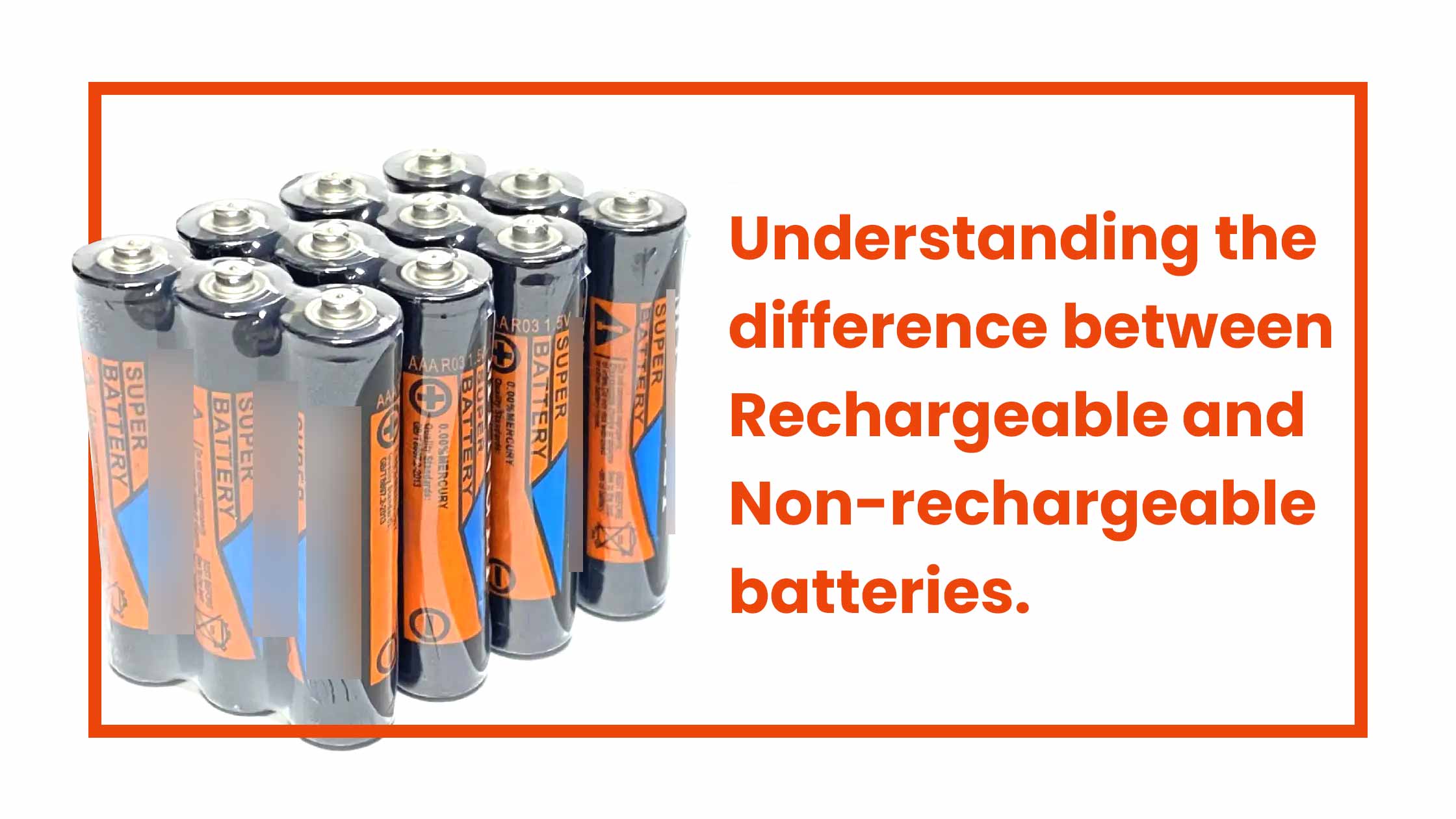Can You Use Regular Batteries In A Solar Light

Solar lights, a popular choice for outdoor illumination due to their energy efficiency and environmental friendliness, often rely on rechargeable batteries to store solar energy. A common question among users is whether standard alkaline batteries can be used as replacements when the original rechargeable batteries fail. The answer, while seemingly straightforward, involves understanding the nuances of battery technology and the design of solar lights.
This article delves into the compatibility of regular, non-rechargeable batteries with solar lights, examining the technical considerations, potential risks, and best practices for maintaining these outdoor lighting fixtures. Understanding these factors is crucial for ensuring the longevity and optimal performance of solar lights, as well as preventing potential safety hazards.
Understanding Solar Light Batteries
Solar lights typically come equipped with rechargeable batteries, most commonly Nickel-Cadmium (NiCd) or Nickel-Metal Hydride (NiMH). These batteries are specifically designed to withstand repeated charging and discharging cycles, a process central to the functionality of solar lights.
The charging circuit within the solar light is engineered to provide a specific voltage and current tailored to these rechargeable battery types. This controlled charging process is essential for maximizing the battery's lifespan and preventing damage from overcharging or improper charging conditions.
The Temptation of Regular Batteries
When the original rechargeable batteries in a solar light lose their ability to hold a charge, the temptation to replace them with readily available alkaline batteries is understandable. Alkaline batteries are inexpensive and widely accessible, making them a seemingly convenient alternative.
However, using regular batteries in solar lights is generally not recommended and can even be detrimental to the device. The fundamental issue lies in the fact that alkaline batteries are not designed to be recharged.
Why Regular Batteries Don't Work
The charging circuit in a solar light continuously attempts to recharge any battery connected to it. When an alkaline battery is subjected to this charging process, it can lead to several problems.
Firstly, alkaline batteries are not designed to handle the charging current, which can cause them to overheat. This can lead to swelling, leaking, and in extreme cases, even explosion of the battery.
Secondly, the charging process can damage the internal components of the alkaline battery, rendering it unusable and potentially causing damage to the solar light itself.
Potential Risks and Consequences
The consequences of using regular batteries in solar lights extend beyond simply damaging the batteries themselves. Leaking alkaline batteries can corrode the battery compartment and other internal components of the solar light, potentially rendering it irreparable.
Furthermore, the heat generated during the attempted charging process can pose a fire hazard, particularly if the solar light is located near flammable materials. The risk, though small, emphasizes the importance of using the correct battery type. Safety should always be the priority.
The Right Way to Replace Batteries
The best course of action when the batteries in a solar light need replacement is to use the same type and voltage of rechargeable batteries that originally came with the device. This ensures compatibility with the charging circuit and minimizes the risk of damage or malfunction.
NiCd and NiMH batteries are readily available at most hardware stores and online retailers. It's also beneficial to consider upgrading to higher-capacity batteries, which can provide longer run times for the solar lights.
Alternatives and Considerations
In some cases, lithium-ion (Li-ion) batteries may be a suitable replacement, but only if the solar light is specifically designed to support this type of battery. Using Li-ion batteries in devices not designed for them can pose significant safety risks.
Before replacing the batteries, it is crucial to consult the solar light's user manual or contact the manufacturer to confirm compatibility and receive specific recommendations. This ensures the safety of the user and the longevity of the product.
Expert Opinions and Recommendations
According to battery experts at Energizer and Duracell, alkaline batteries are designed for single use and should never be recharged. Attempting to recharge them can lead to leakage, swelling, and even rupture, posing a safety risk.
"Using the correct type of rechargeable battery is crucial for the safe and efficient operation of solar lights," says a representative from a leading solar lighting manufacturer. "We strongly advise against using alkaline batteries as replacements, as they are not designed for this purpose."
Conclusion
While the convenience of using readily available alkaline batteries in solar lights might be tempting, the potential risks and consequences outweigh any perceived benefits. The incompatibility of alkaline batteries with the charging circuits of solar lights can lead to damage, fire hazards, and potential harm to the user.
Therefore, the recommended practice is to always replace the original rechargeable batteries with the same type and voltage, ensuring the safe and optimal performance of the solar lights. This approach guarantees the longevity of the device and avoids any potential safety hazards associated with using incorrect battery types.
By adhering to these guidelines, users can continue to enjoy the benefits of solar lighting while prioritizing safety and maximizing the lifespan of their outdoor fixtures.


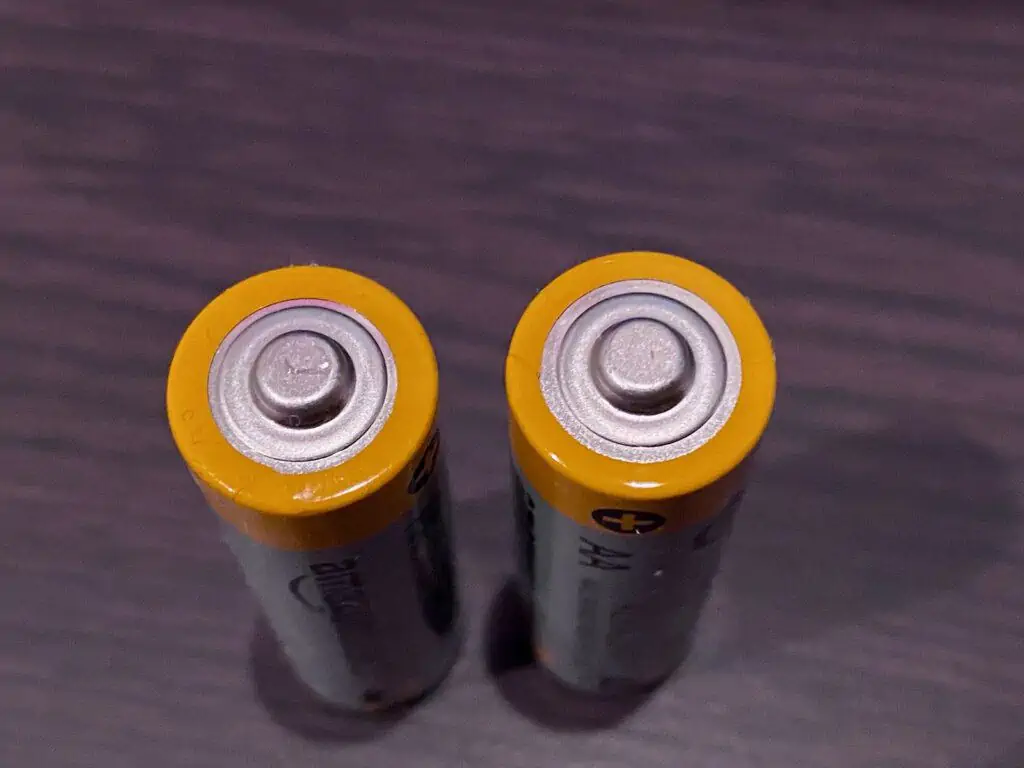
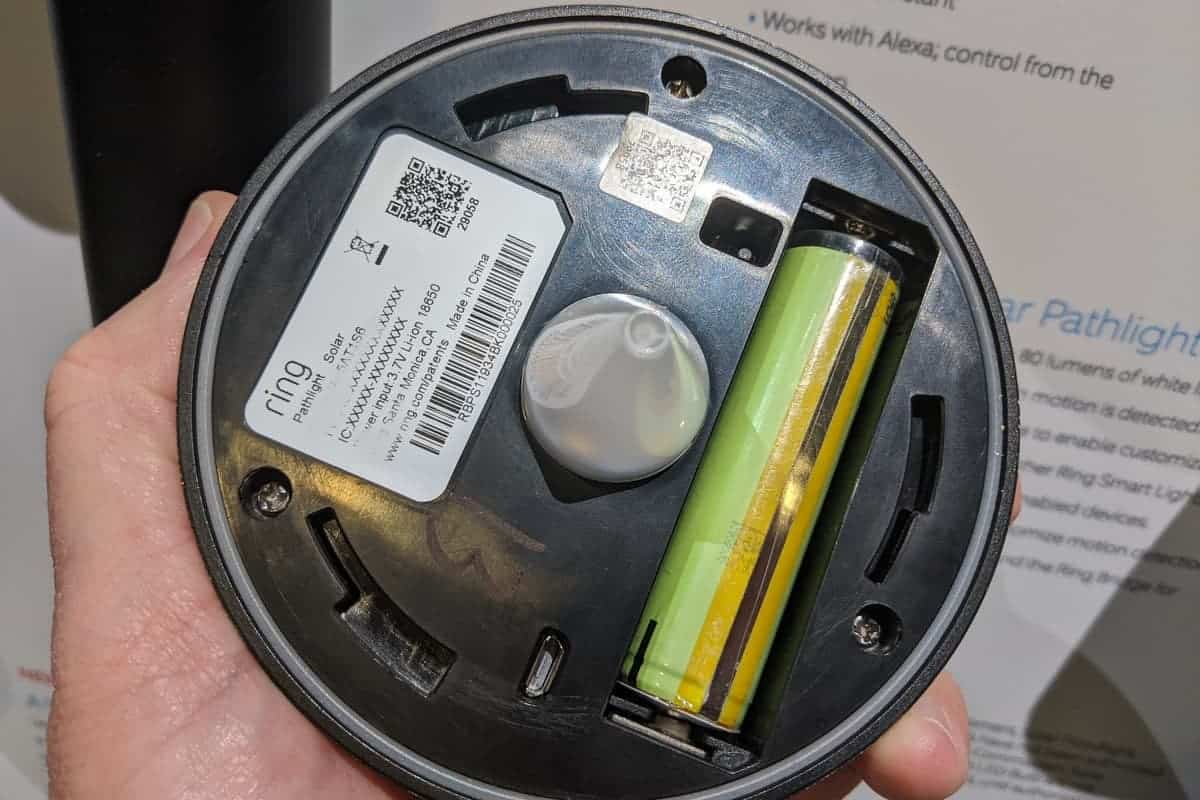


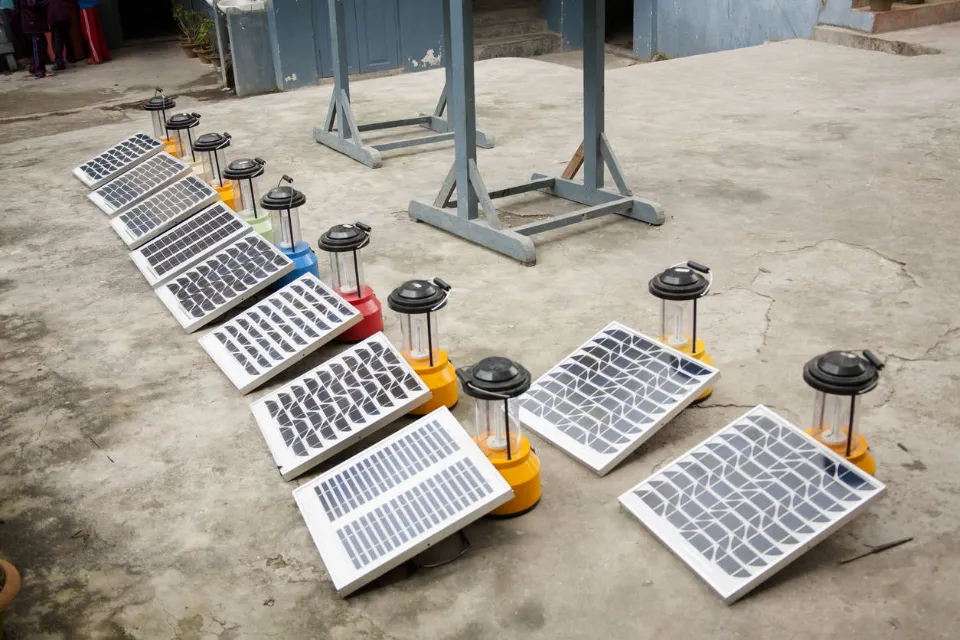

![Can You Use Regular Batteries In A Solar Light Can You Use Regular Batteries in Solar Lights? [All You Need To Know]](https://solarpowercoast.com/wp-content/uploads/can-you-use-regular-batteries-in-solar-lights.png)


